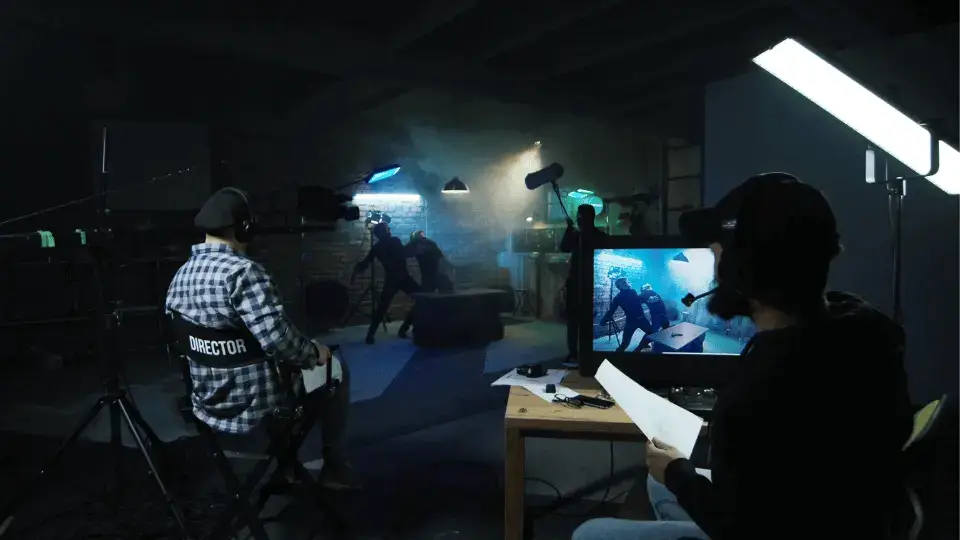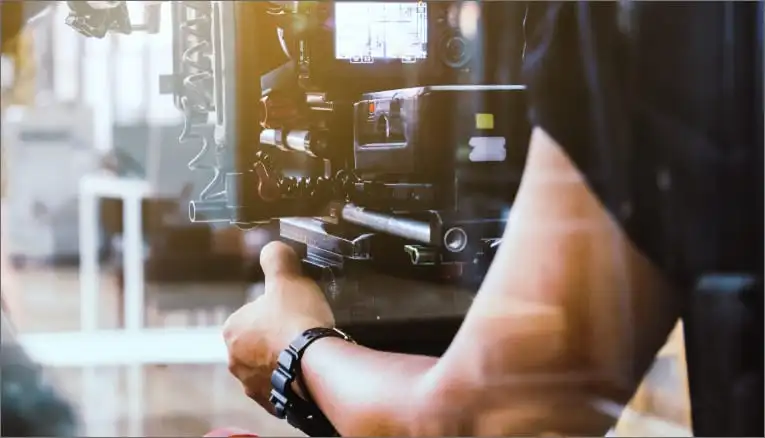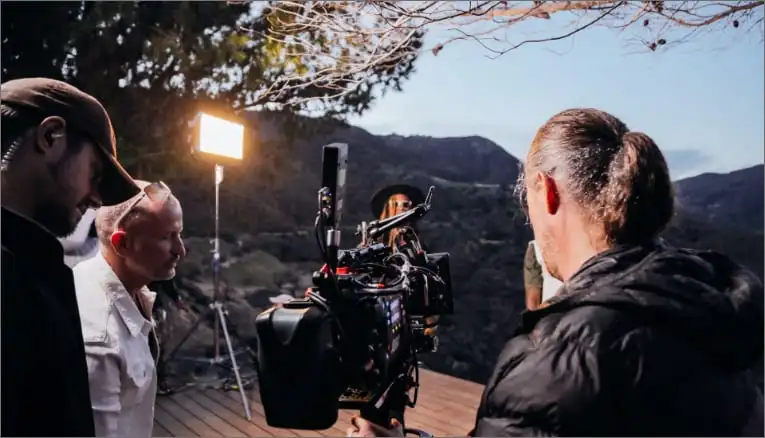The Art of Film Criticism: Elevating Your Expertise and Advancing Your Career
Film criticism is a field that requires a deep understanding of cinema, a critical eye, and excellent communication skills. Film critics play a crucial role in analyzing and interpreting movies, helping audiences understand the nuances of a film, and providing insightful commentary on the art form. If you’re interested in pursuing a career in film criticism, there are several essential skills and techniques you’ll need to master.
1. Understand Film Theory
Film theory is the study of the aesthetic and cultural aspects of cinema. It involves analyzing the language of film, its structure, and its cultural context. Understanding film theory is essential for film critics because it provides them with a framework for interpreting movies and helps them develop a critical vocabulary.
There are several film theories that you should be familiar with, including formalism, realism, and auteur theory. Formalism emphasizes the technical aspects of filmmaking, such as editing, cinematography, and sound design. Realism, on the other hand, focuses on the representation of reality in film. Auteur theory suggests that the director is the primary creative force behind a film.
While you don’t need to be an expert in film theory, having a basic understanding of these concepts will help you write insightful film reviews and provide a deeper analysis of movies.
2. Develop Your Writing Skills
Writing is a crucial skill for film critics. You need to be able to communicate your ideas clearly and concisely, while also engaging your readers. A well-written film review should provide an overview of the movie, analyze its strengths and weaknesses, and provide a critical evaluation.
To develop your writing skills, pay attention to the language used, the structure of the review, and the critical analysis provided. Try to emulate these techniques in your own writing.
It’s also important to develop your own voice as a film critic. Don’t be afraid to have a unique perspective on a movie or to challenge conventional wisdom. The best film critics are those who can provide fresh insights and engage their readers in a meaningful conversation.
3. Embrace Social Media
Social media has become an essential tool for film critics. Platforms such as Twitter, Instagram, and Letterboxd provide opportunities for film critics to share their reviews, engage with their audience, and build their brand.
When using social media, it’s essential to be authentic and engage with your followers. Don’t just promote your reviews; share your thoughts on the latest movies, engage in conversations with other film critics, and build a community around your brand.
It’s also important to be mindful of the potential pitfalls of social media. Don’t engage in online arguments or use social media to attack other film critics. Remember that social media is a public forum, and your behavior can impact your reputation as a film critic.
4. Build Your Portfolio
Building a portfolio of your work is essential for any aspiring film critic. A portfolio should include your best film reviews, any articles you’ve written on film, and any other relevant work you’ve done in the field.
Your portfolio should be well-organized and easy to navigate. Consider creating a personal website where you can showcase your work and provide information about yourself and your interests.
5. Consider Taking an Online Course
If you’re serious about pursuing a career in film criticism, you may want to consider taking an online course to enhance your skills and knowledge. The NYU Film and TV Industry Essentials online course and certificate program is an excellent option for anyone looking to gain a deeper understanding of the film industry.
The course covers a range of topics, including film history, production, marketing, and distribution. It’s taught by industry professionals and provides students with a comprehensive understanding of the film industry. The certificate program is a great way to demonstrate your expertise to potential employers and enhance your career prospects.
Key Takeaways
Becoming a successful film critic requires a combination of skills and knowledge. Understanding film theory, developing your writing skills, embracing social media, building your portfolio, and considering taking an online course are all essential steps in pursuing a career in film criticism.
If you’re interested in taking your skills to the next level, consider enrolling in the NYU Film and TV Industry Essentials online course and certificate program. This comprehensive program will provide you with the knowledge and skills you need to succeed in the film industry.








